OpenAI is shifting to a for-profit corporate structure – here’s why that matters
Moving away from its non-profit model will help OpenAI drive innovation
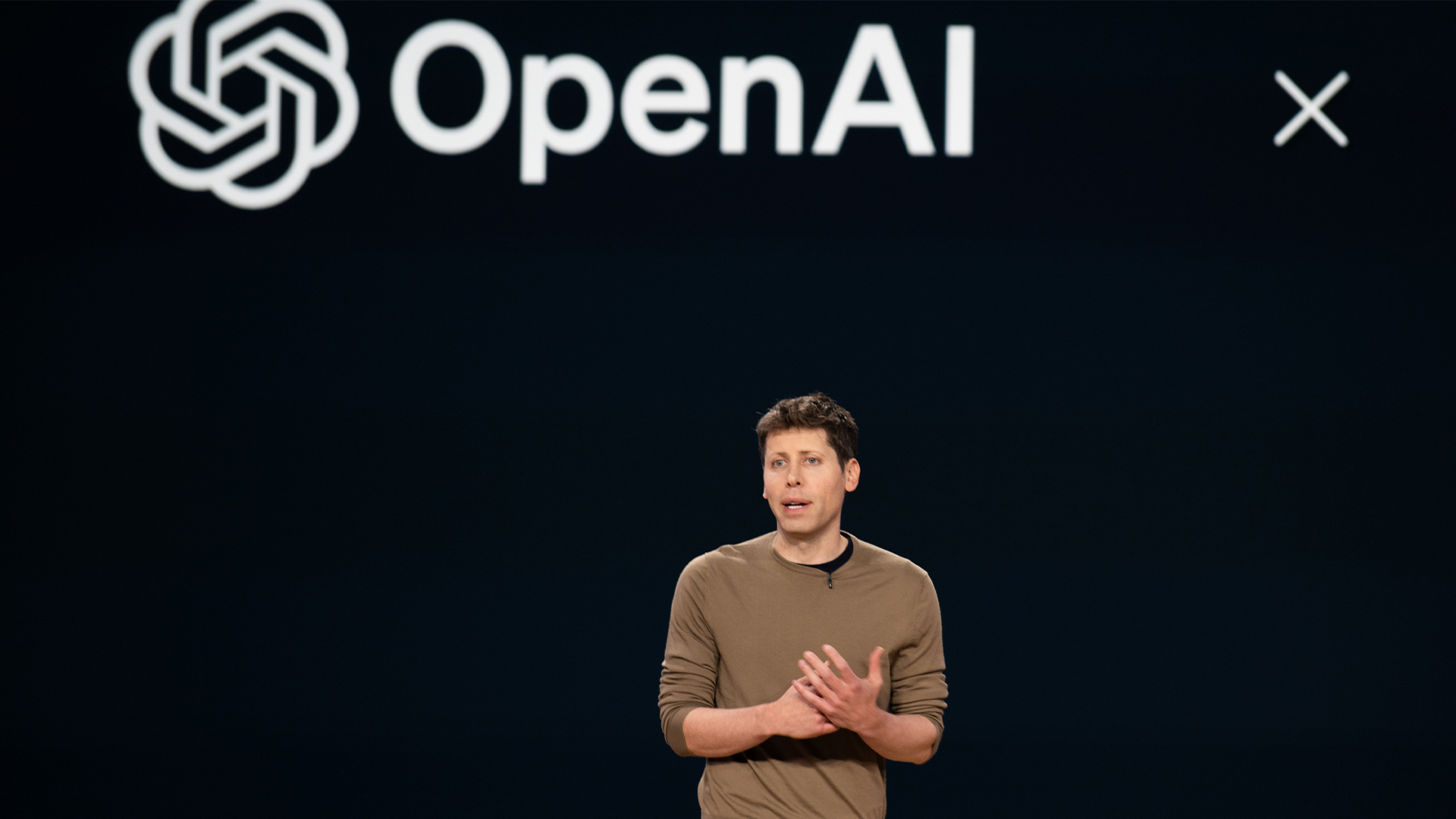

OpenAI has unveiled its new corporate structure as the tech giant aims to fund the high costs of developing AI — and in particular, artificial general intelligence (AGI).
Under the long-rumored plans, OpenAI will change its for-profit unit into a public benefit corporation (PBC), using proceeds from that division to fund the non-profit arm.
The structure of OpenAI has been the subject of fervent debate — should the future of AI be driven by revenue or societal benefit (or safety) — as well as corporate drama and lawsuits.
Now, OpenAI has revealed the plans to rejig the company's corporate structure aim to "best support the mission of ensuring artificial general intelligence (AGI) benefits all of humanity".
The company said in a blog post the plans had three objectives: choose a structure that worked best for the long term; ensure the non-profit arm was sustainable; and "equip each arm to do its part".
"We have a non-profit and a for-profit today, and we will continue to have both, with the for-profit’s success enabling the nonprofit to be well funded, better sustained, and in a stronger position for the mission," the post said.
Here's what's driven the restructuring, how it will work, and what it means for the future of AI.
Get the ITPro daily newsletter
Sign up today and you will receive a free copy of our Future Focus 2025 report - the leading guidance on AI, cybersecurity and other IT challenges as per 700+ senior executives
What's behind the move at OpenAI?
OpenAI was founded as a non-profit in 2015, powered by donations of $137 million, with a third from Elon Musk, as well as credits and discounts from cloud companies, including $1.8 million from Amazon and $50 million or more from Microsoft Azure and Google Cloud, the company said in the post.
But in 2019, OpenAI shifted from a research lab to a startup, creating a for-profit division, largely in order to raise funds — the company said it estimated at the time that $10bn would be required to make AGI. The first funding round raised $100 million, followed by the first billion from Microsoft.
The for-profit division was controlled by the non-profit arm. But the success of ChatGPT, launched in 2022, sparked subsequent discussions over the future of the company, as well as a lawsuit from Elon Musk and Sam Altman's chaotic removal as CEO, though he was quickly reinstated.
The latest restructuring move has been rumored for many months, and OpenAI said the aim is to continue the evolution from a lab and then a startup to "an enduring company" to raise more funds.
RELATED WHITEPAPER

"We once again need to raise more capital than we’d imagined," the post notes. " Investors want to back us but, at this scale of capital, need conventional equity and less structural bespokeness."
OpenAI managed to raise $6.6 billion in its latest round of funding last year, but Reuters reported at the time that the company had promised investors it would remove a profit cap within two years.
The high cost of developing AI means any delays to funds could hurt the company's abilities to compete with a growing array of rivals, some of whom are supported by industry heavyweights such as AWS.
Public-benefit corporation
Under the restructuring plans, OpenAI will shift its existing for-profit arm into what's known as a public benefit corporation (PBC). That corporate structure requires the company to consider the impact of the technology and its work on society, as well as creating shareholder value.
It's a structure used by rival AI companies, including Anthropic and Musk's xAI, the blog post notes. That structure allows OpenAI to more easily raise funds, but requires it to consider the company's existing mission as well as shareholders when making decisions.
"The PBC is a structure used by many others that requires the company to balance shareholder interests, stakeholder interests, and a public benefit interest in its decision making," the blog notes. "It will enable us to raise the necessary capital with conventional terms like others in this space."
The non-profit arm would have a significant number of shares in the PBC, making it "one of the best resourced non-profits in history," the company claimed. "This will multiply the resources that our donors gave manyfold."
Beyond funding, the non-profit will have a separate leadership team for AI focused work on healthcare, education and more, the company said.
For-profit challenge
The plans face criticism from Musk as well as Meta, both of which have lodged legal complaints against OpenAI becoming more focused on for-profit activities, according to Reuters.
Those complaints have won backing from others in the tech industry as well as Nobel winner Geoffrey Hinton, who raised serious concerns about the move in a statement.
"OpenAI was founded as an explicitly safety-focused non-profit and made a variety of safety-related promises in its charter… It received numerous tax and other benefits from its non-profit status," he said.
"Allowing it to tear all of that up when it becomes inconvenient sends a very bad message to other actors in the ecosystem."
While PBCs are designed to help companies focus on a public mission, there's nothing in their structure forcing any particular action.
Ann Lipton, corporate law professor at Tulane Law School, told Reuters that a PBC "doesn't actually have any real enforcement power behind it" — instead, it's down to the shareholders to how a company is run.
Freelance journalist Nicole Kobie first started writing for ITPro in 2007, with bylines in New Scientist, Wired, PC Pro and many more.
Nicole the author of a book about the history of technology, The Long History of the Future.
-
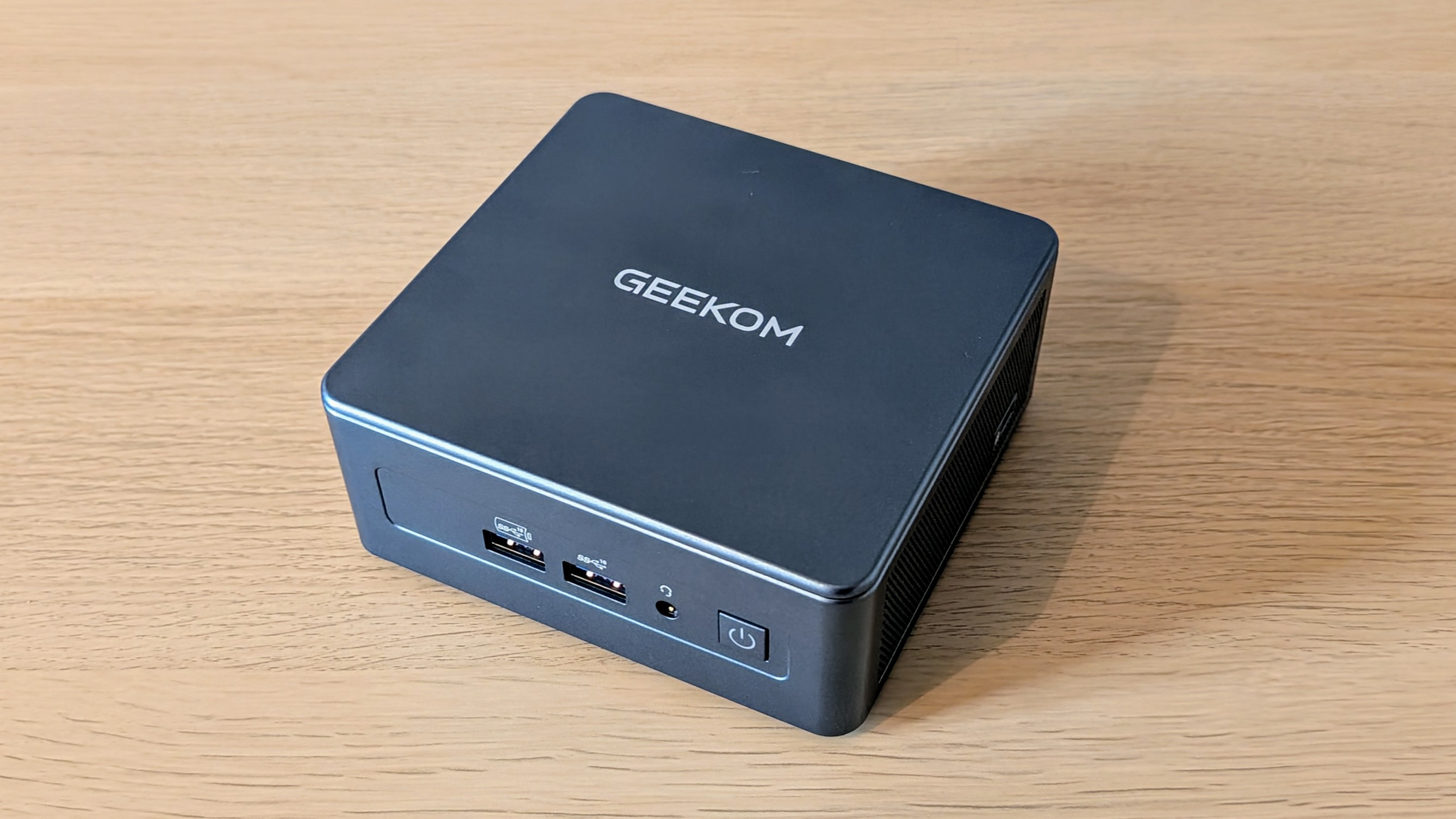 Geekom Mini IT13 Review
Geekom Mini IT13 ReviewReviews It may only be a mild update for the Mini IT13, but a more potent CPU has made a good mini PC just that little bit better
By Alun Taylor
-
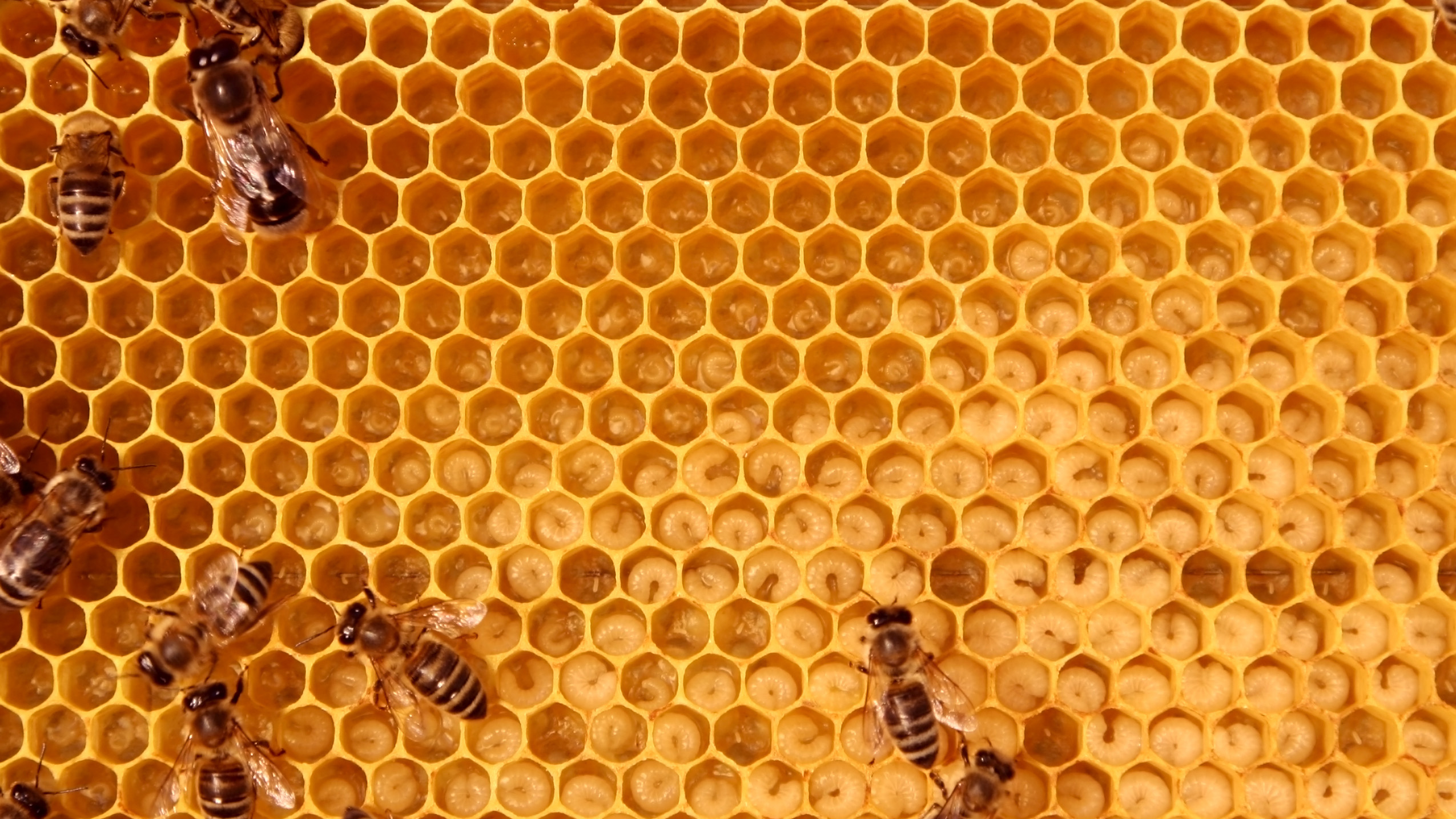 Why AI researchers are turning to nature for inspiration
Why AI researchers are turning to nature for inspirationIn-depth From ant colonies to neural networks, researchers are looking to nature to build more efficient, adaptable, and resilient systems
By David Howell
-
 Third time lucky? Microsoft finally begins roll-out of controversial Recall feature
Third time lucky? Microsoft finally begins roll-out of controversial Recall featureNews The Windows Recall feature has been plagued by setbacks and backlash from security professionals
By Emma Woollacott
-
 OpenAI woos UK government amid consultation on AI training and copyright
OpenAI woos UK government amid consultation on AI training and copyrightNews OpenAI is fighting back against the UK government's proposals on how to handle AI training and copyright.
By Emma Woollacott
-
 DeepSeek and Anthropic have a long way to go to catch ChatGPT: OpenAI's flagship chatbot is still far and away the most popular AI tool in offices globally
DeepSeek and Anthropic have a long way to go to catch ChatGPT: OpenAI's flagship chatbot is still far and away the most popular AI tool in offices globallyNews ChatGPT remains the most popular AI tool among office workers globally, research shows, despite a rising number of competitor options available to users.
By Ross Kelly
-
 Microsoft launches new security AI agents to help overworked cyber professionals
Microsoft launches new security AI agents to help overworked cyber professionalsNews Microsoft is expanding its Security Copilot service with new AI agents to help overworked IT teams deal with surging security threats.
By Bobby Hellard
-
 ‘DIY’ agent platforms are big tech’s latest gambit to drive AI adoption
‘DIY’ agent platforms are big tech’s latest gambit to drive AI adoptionAnalysis The rise of 'DIY' agentic AI development platforms could enable big tech providers to drive AI adoption rates.
By George Fitzmaurice
-
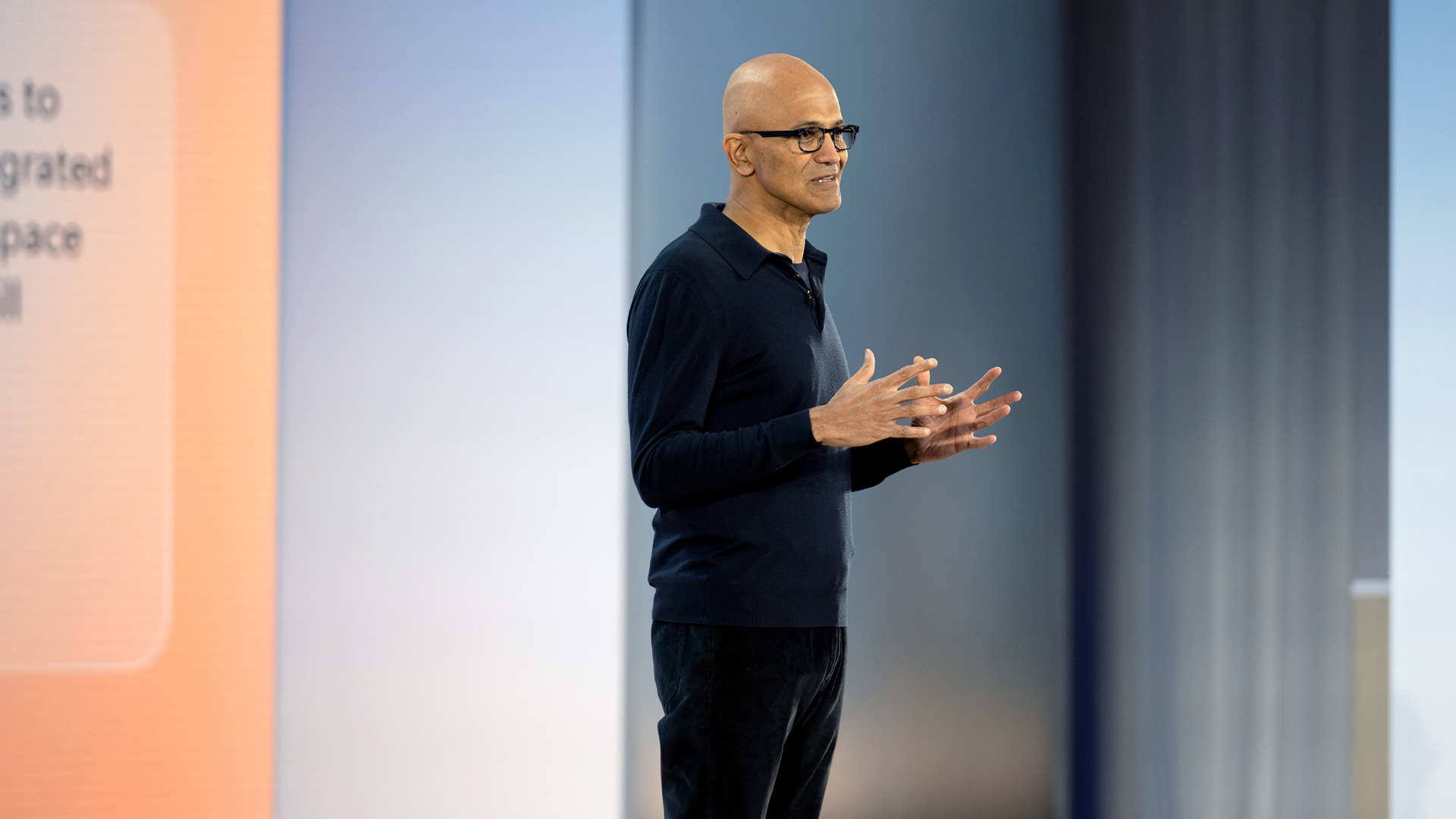 ‘The entire forecasting business process changed’: Microsoft CEO Satya Nadella says Excel changed the game for enterprises in 1985 – he’s confident AI tools will do the same
‘The entire forecasting business process changed’: Microsoft CEO Satya Nadella says Excel changed the game for enterprises in 1985 – he’s confident AI tools will do the sameNews The Microsoft CEO says we need to change how we measure the value of AI
By George Fitzmaurice
-
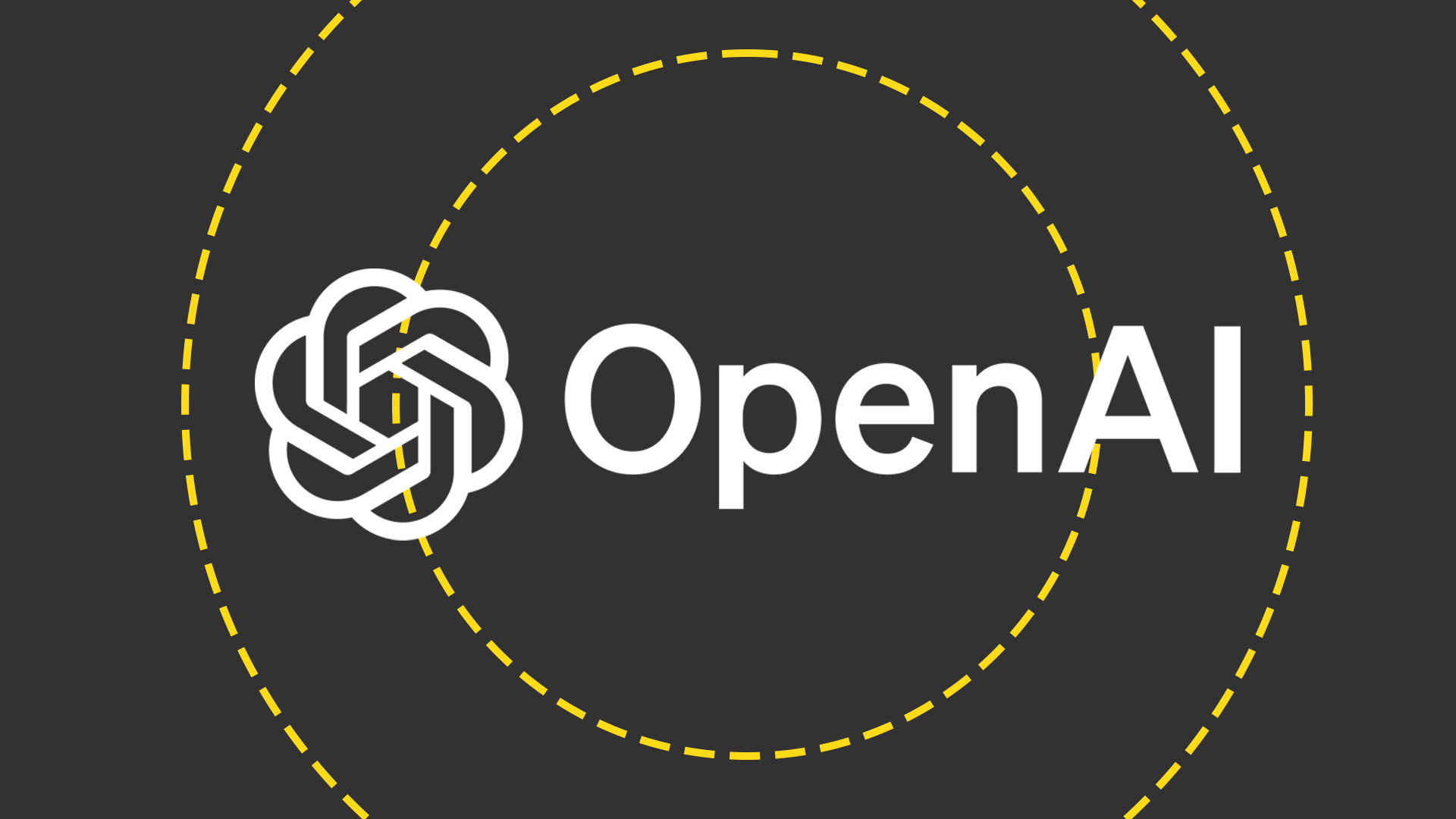 OpenAI wants to simplify how developers build AI agents
OpenAI wants to simplify how developers build AI agentsNews OpenAI is releasing a set of tools and APIs designed to simplify agentic AI development in enterprises, the firm has revealed.
By George Fitzmaurice
-
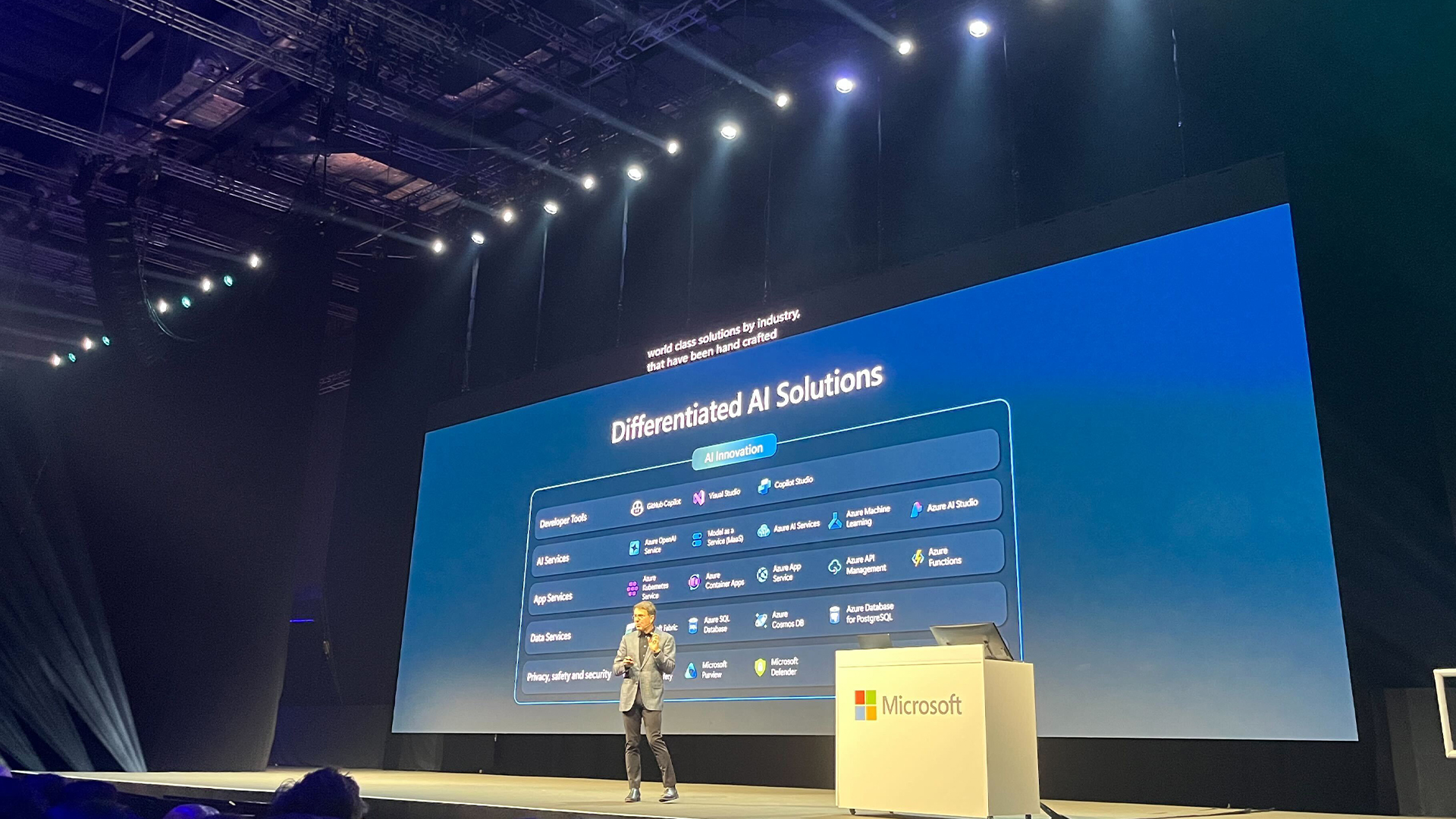 Microsoft exec touts benefits of AI productivity gains
Microsoft exec touts benefits of AI productivity gainsNews Microsoft CCO Judson Althoff said the company is unlocking significant efficiency gains from AI tools internally.
By George Fitzmaurice